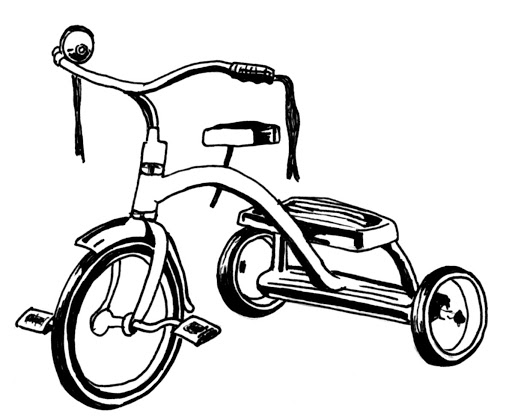This desolate Georgia highway is swallowed in kudzu. Deep green vines have overtaken acres of pines. The avalanches of leaves spill into ditches.
I don’t hate kudzu. Certainly, I know it’s a noxious weed. But so are white clovers and creeping thistles, and I kind of like them, too. Also, I’ve always wondered why we call some flowers weeds but not others.
I will forever remember one childhood summer, when I planted purple kudzu flowers into a shoebox of potting soil, purely out of curiosity. Afterwhich the Baptist Women’s Bible Study Brigade sentenced me to public execution.
Kudzu was the devil’s work, they said. I never got a fair trial.
This road is the perfect place to see flowering vines that grow in all directions, like nests of copperheads, swallowing everything. I’ll bet if vehicles quit driving this route the vines would eat the old highway.
Kudzu has a bad name, so I’ve always been forced to admire it in secret. To me, the flowers look like something from Eden, and a hillside of leaves is
beautiful.
I sincerely hope the ladies’ Bible study group isn’t reading this.
The Japanese vine was officially introduced to the U.S. at Philadelphia’s World’s Fair in 1876. This was the same fair that unveiled an enormous iron-and-copper French sculpture that would later be nicknamed “the Statue of Liberty.”
The Japanese pavilion displayed exotic East Asian things like ceramics, archeological artifacts, Japanese magnolias, cinnamon-bark crepe myrtles, and a floor show featuring Tony Orlando.
Also, a small decorative vine with a purple flower.
But nobody paid attention to kudzu until 60 years later when dust storms started browbeating the prairies of Kansas, Oklahoma, Texas, New Mexico, and Colorado. The government turned to kudzu for salvation. Congress announced that kudzu would end erosion by stabilizing soil. And they paid eight bucks per acre to anyone who planted it.
Eight bucks during the Depression was serious cash. People…










